Hausa Music and Instruments: Exploring the Soulful Sounds of Northern Nigeria
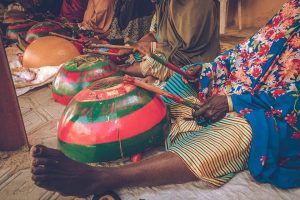
If culture had a heartbeat, Northern Nigeria’s would be the steady rhythm of the kalangu drum and the haunting melody of the goge. Hausa music is one of the most distinctive sounds in West Africa; is more than just an entertainment, it’s a living chronicle of cultural heritage, history, social identity and ways of communication.
From royal palaces in ancient city-states like Kano and Zazzau to the lively markets of Katsina and the festive streets of Sokoto, music has always held a sacred place in Hausa traditions, storytelling, and celebration. In this easy guide, I will lead you on a journey into the soulful world of Hausa music, its instruments, meaning, legendary musicians, and how it continues to shape the lifestyle and history of Northern Nigeria today.
The Historical Roots of Hausa Music
A Sound Shaped by History and Faith
Hausa music reflects centuries of evolution influenced by indigenous African rhythms, Islamic traditions, and courtly performances. Before colonial contact, Hausa musicians were integral to the royal courts, serving as praise singers (maroka), historians, and messengers of moral tales.
With the spread of Islam in the region from the 11th century, new musical styles emerged, blending Arabic melodies and poetic recitations with indigenous beats. This fusion gave rise to a uniquely Hausa sound, deeply spiritual, rhythmic, and reflective of Northern Nigeria’s cultural heritage.
The Role of Music in Hausa Society
Music as a Voice of Tradition and Identity
In Hausa culture, music is not just for entertainment; it plays a vital role in defining social structure and tradition and in reflecting the history of Hausa culture. From weddings and naming ceremonies to Sallah festivals, political rallies, and coronations, music unites people and strengthens community bonds.
Traditional musicians were held in deep respect in Hausaland. They act as custodians of oral history, preserving ancestral wisdom through song. For instance, praise singers often recount the lineage of emirs, warriors, and heroes, keeping Northern Nigeria’s history alive through rhythm and poetry.
Hausa Musical Instruments: The Heartbeat of Arewa Festivals
Kalangu Drum: The Talking Drum
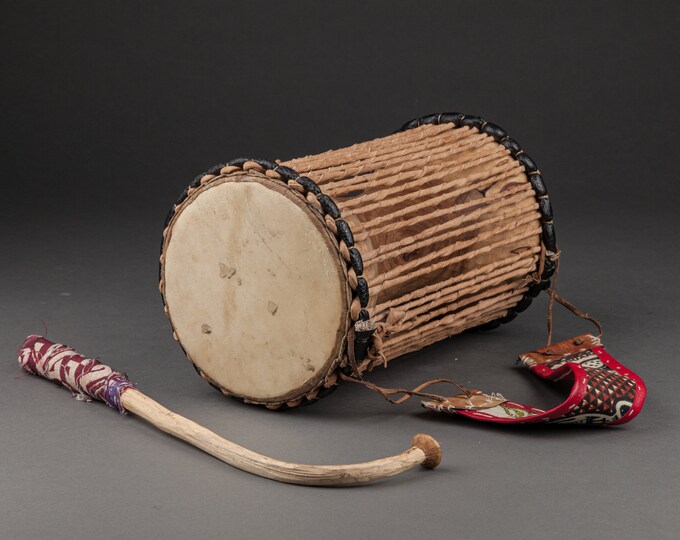 The kalangu, also known as the talking drum, is the most iconic of all Hausa instruments. Its hourglass shape allows it to mimic the tones and inflexions of the human voice, enabling musicians to “speak” through rhythm while dancers can emulate the drum’s sound.
The kalangu, also known as the talking drum, is the most iconic of all Hausa instruments. Its hourglass shape allows it to mimic the tones and inflexions of the human voice, enabling musicians to “speak” through rhythm while dancers can emulate the drum’s sound.
Traditionally, it’s played by royal drummers and griots; the kalangu announces important events, praises leaders, and entertains during festivals. It’s also used to convey coded messages, a practice rooted in ancient Hausa court life.
Goge: The Soulful Fiddle
The goge is a one-stringed fiddle played with a bow, producing a deeply emotional, almost mournful tone. Often heard in storytelling sessions and spiritual gatherings, it carries the spirit of Hausa folklore.
The instrument is closely associated with makadi (traditional musicians), especially in Zaria and Kano, where its music accompanies tales of heroism, love, and faith. The goge has also found a place in modern Hausa films and contemporary performances, bridging the gap between old and new.
Kaakaki: The Royal Trumpet
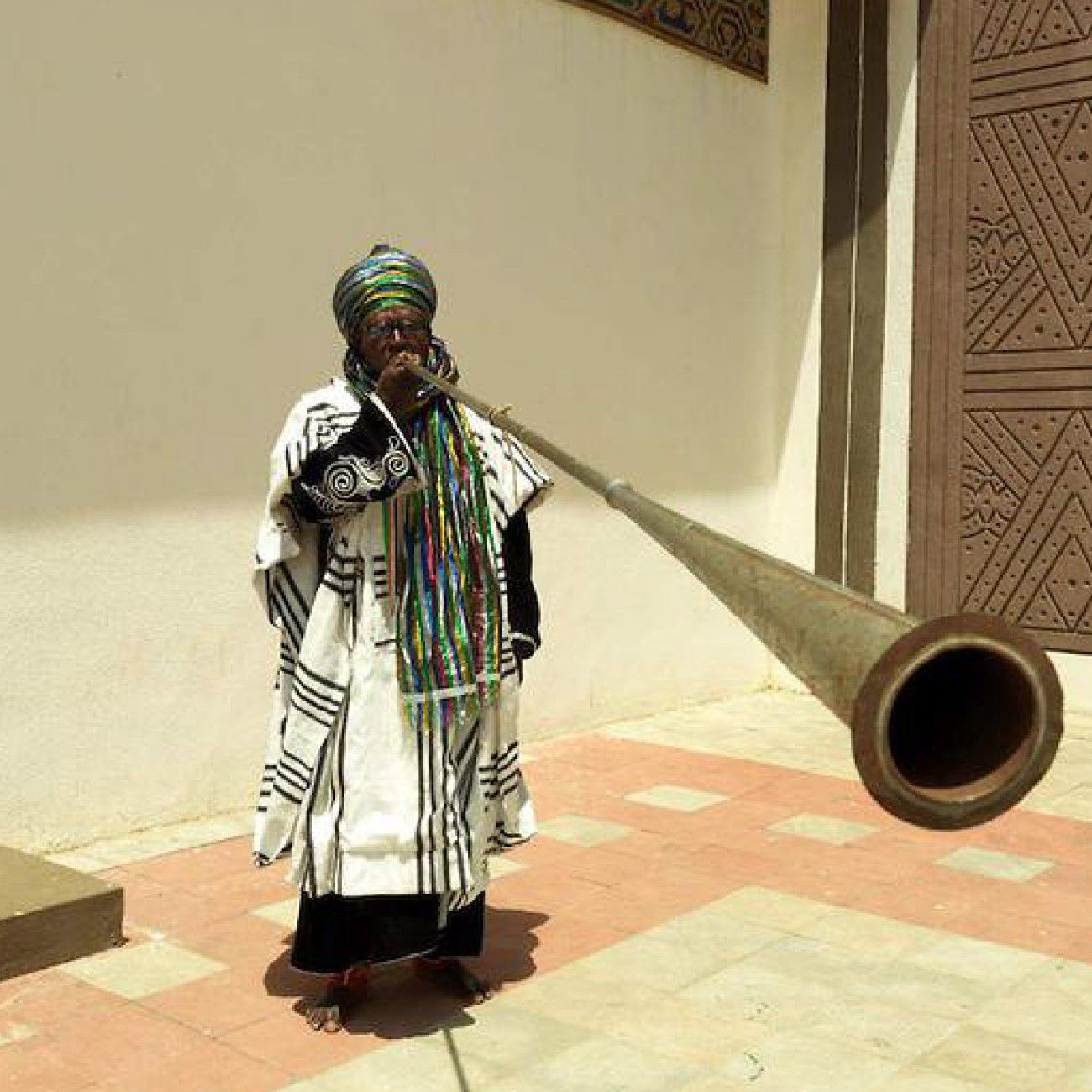 Towering over most instruments in size and sound, the kaakaki is a long metal trumpet that announces the presence of royalty. In ancient Hausa kingdoms, the kakaki was used exclusively by palace musicians to signal the arrival of an Emir or mark ceremonial occasions.
Towering over most instruments in size and sound, the kaakaki is a long metal trumpet that announces the presence of royalty. In ancient Hausa kingdoms, the kakaki was used exclusively by palace musicians to signal the arrival of an Emir or mark ceremonial occasions.
Its sound is powerful, authoritative, and symbolic – a reminder of the grandeur and discipline that define Northern Nigeria’s traditions.
Kontigi: The Lute of the People
The kontigi is a small, stringed lute made from a calabash or gourd covered with animal skin. It is often used by praise singers and folk musicians to accompany poems, chants, or love songs.
Musicians use Kontigi to express humour, wisdom, and political commentary. At marketplaces and gatherings, its soft yet sharp tones add flavour to conversations, making it a favourite among wandering performers.
Algaita: The Wind Instruments of Celebration
Algaita (reed instruments) are integral to festive occasions, particularly in Sallah celebrations and public parades. This instrument produces a piercing, joyful sound that cuts through the air during durbars and weddings.
Hausa Music and Festivals: A Symphony of Culture
The Durbars of Northern Nigeria
No celebration captures the grandeur of Hausa music like the Durbar Festival. Originating from pre-colonial cavalry parades, the Durbar showcases the harmony between horses, drums, and royal processions.
As emirs and horsemen march through the city in dazzling attire, drummers and trumpeters fill the air with thunderous beats from kalangu and kakaki. The rhythm unites the crowd in shared pride, a vivid display of cultural heritage and reverence for tradition.
Weddings, Naming Ceremonies, and Social Gatherings
In Hausa weddings (auren gargajiya), music is essential. Drummers and singers entertain guests, narrating tales of love and unity. Google plays romantic tunes, while women dance gracefully to kalangu rhythms, reflecting the elegance of the Hausa lifestyle.
Similarly, during naming ceremonies (suna), musicians perform soft melodies to bless the newborn and celebrate the continuity of family and tradition.
Legendary Hausa Musicians: Voices of the North
Alhaji Mamman Shata Katsina (1923–1999)
No discussion of Hausa music is complete without Mamman Shata, who was named the father of Hausa traditional musicians and one of Nigeria’s most celebrated traditional musicians. Known for his mastery of the kalangu and poetic storytelling, Shata’s songs touched on politics, morality, and religion.
He performed for emirs, soldiers, and commoners alike, becoming the voice of Northern Nigeria’s cultural identity. Today, people still widely study and celebrate his works. His music, ‘Shata Bakon America and Bakan da miya won him an honorary doctoral degree from ABU Zaria, the song he sang while he honoured the invitation in America.
Alhaji Musa Dankwairo
A contemporary of Shata, Musa Dankwairo’s music combines humour, wisdom, and social commentary. His songs often carried profound messages about unity, respect, and faith, pillars of the Hausa way of life. He mostly sang to royal figures like the king and village and district heads. One of his most renowned songs is Sarkin Muri Uban Galadima.
Alhaji Dr. Danmaraya Jos
Dan Maraya Jos, born Adamu Wayya, was a renowned Hausa musician from Jos, celebrated for his mastery of the kontigi, a one-stringed lute. Known as “the orphan”, he used his music to tell stories, promote moral values, and highlight the struggles of everyday people. Famous for songs like “Auren Dole” and “Wak’ar Karen Mota,” he performed solo with powerful messages on culture and social life. Honoured with the Order of the Niger (OON) and an honorary doctorate, Dan Maraya remains a timeless symbol of Hausa music and tradition.
Modern Hausa Artists and the Fusion Sound
Today, the legacy of traditional music continues through artists like Ali Jita, Nura M Inuwa, Naziru M. Ahmad, and Dauda Kahutu Rarara, who fuse goge melodies and kalangu beats with modern pop, hip-hop, and Afrobeat rhythms.
Through Kannywood, Northern Nigeria’s vibrant film industry, Hausa music has reached global audiences, showcasing a blend of tradition and modern creativity.
Preserving Hausa Music in the Modern Age
While modernisation and digitalisation have changed how music is made and consumed, the soul of Hausa music remains intact. Cultural preservation groups and traditional schools in Kano, Sokoto, and Zaria are now documenting ancient songs and instruments for future generations.
Festivals, museums, and tourism initiatives such as the Kano Durbar and the Katsina Cultural Festival also play a vital role in promoting Hausa culture and history, ensuring that the music of the ancestors continues to echo in modern Nigeria.
Hausa music is more than art; it’s an embodiment of Northern Nigeria’s history, lifestyle, and identity. From the royal trumpets of the kakaki to the soulful strings of the goge, each instrument tells a story of pride, endurance, and unity.
As the world changes, these rhythms continue to beat in the hearts of the people, reminding us that tradition isn’t something to be left behind; it’s a melody to be carried forward.
So next time you locate yourself in Kano or Zaria, pause for a moment when you hear the distant roll of drums. That rhythm isn’t just sound; it’s the soul of Arewa calling.
Do you love exploring the cultural heart of Nigeria?
Visit http://www.godlovemeentertainment.com for more authentic stories about the people, music, and traditions that make Nigeria’s heritage unforgettable.
FAQs
What makes Hausa music unique in Africa?
Hausa music stands out for its poetic storytelling, integration of Islamic influences, and the use of instruments like the kalangu and goje that mimic human speech and emotion.
What occasions feature traditional Hausa music?
You’ll hear Hausa music at weddings, naming ceremonies, durbars, religious festivals, and political rallies across Northern Nigeria.
Who was Mamman Shata, and why is he important?
Alhaji Mamman Shata was a legendary Hausa musician known for his lyrical mastery and ability to blend praise, politics, and moral wisdom into his songs.
How are Hausa instruments made?
Most instruments are handcrafted from locally sourced materials, such as animal skin, gourds, wood, and metal, symbolising a deep connection to the land and its cultural heritage.
Is traditional Hausa music still popular today?
Yes. While modern genres dominate the mainstream, traditional Hausa sounds remain influential, especially in Kannywood films, festivals, and regional ceremonies.
http://www.godlovemeentertainment.com
What do you think about this song?
We want to hear from you all.
Drop your comments
.RECOMMENDED SONGS FOR YOU 👇
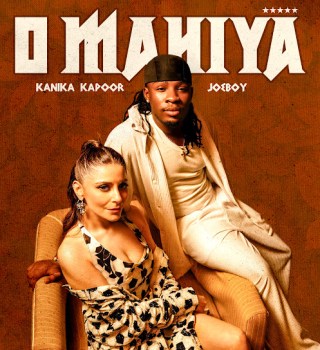 [Music] Kanika Kapoor – O Mahiya ft Joeboy Mp3 | Free Audio Download
[Music] Kanika Kapoor – O Mahiya ft Joeboy Mp3 | Free Audio Download
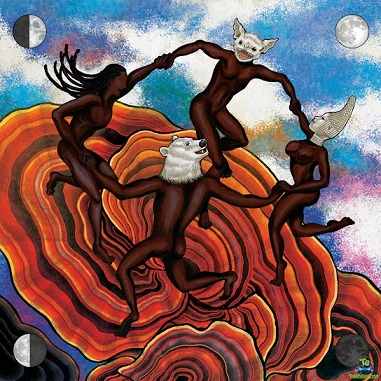 Rema – FUN | Download Music MP3
Rema – FUN | Download Music MP3
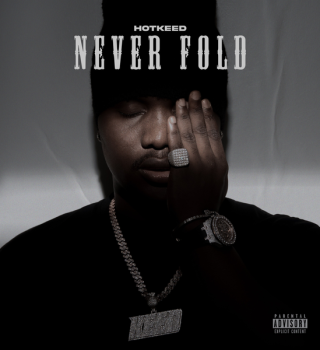 [Music] Hotkeed – Why? Mp3 | Free Audio Download
[Music] Hotkeed – Why? Mp3 | Free Audio Download
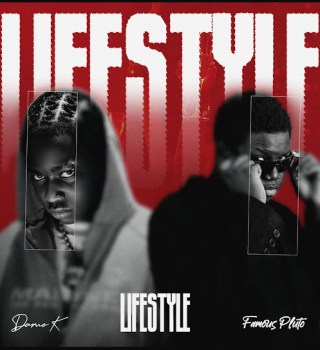 [Music] Damo K – Lifestyle Ft Famous Pluto Mp3 | Free Audio Download
[Music] Damo K – Lifestyle Ft Famous Pluto Mp3 | Free Audio Download
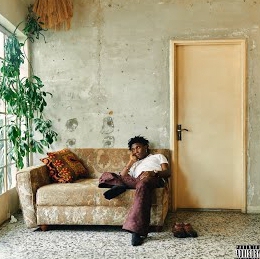 Bella Shmurda – Apala Fusion
Bella Shmurda – Apala Fusion
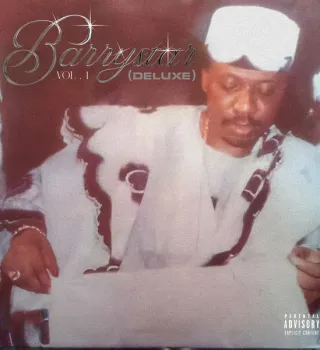 [Music] Barry Jhay – CAN’T KILL MYSELF Mp3 | Free Audio Download
[Music] Barry Jhay – CAN’T KILL MYSELF Mp3 | Free Audio Download
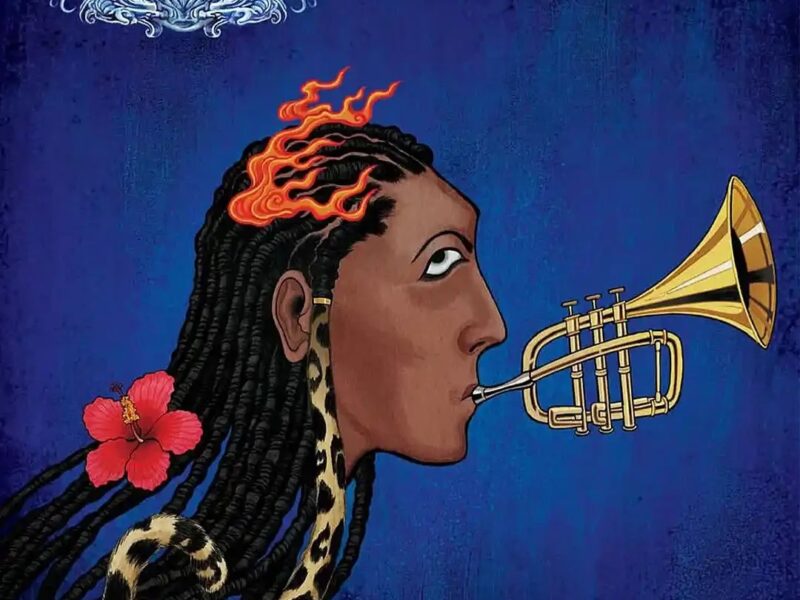 [Music] Rema – Kelebu | Download Mp3
[Music] Rema – Kelebu | Download Mp3
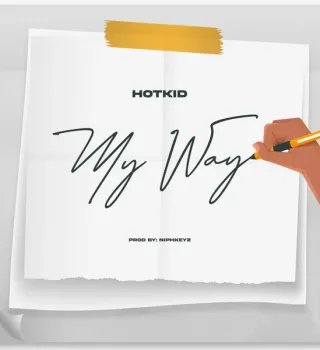 [Music] Hotkeed – My Way Mp3 | Free Audio Download
[Music] Hotkeed – My Way Mp3 | Free Audio Download
 [Music] Mr Eazi – Bus Stop Mp3 | Free Audio Download
[Music] Mr Eazi – Bus Stop Mp3 | Free Audio Download
 [Music] Barry Jhay – STREET LOVE Ft BELLA SHMURDA Mp3 | Free Audio Download
[Music] Barry Jhay – STREET LOVE Ft BELLA SHMURDA Mp3 | Free Audio Download

READ ALSO 👇



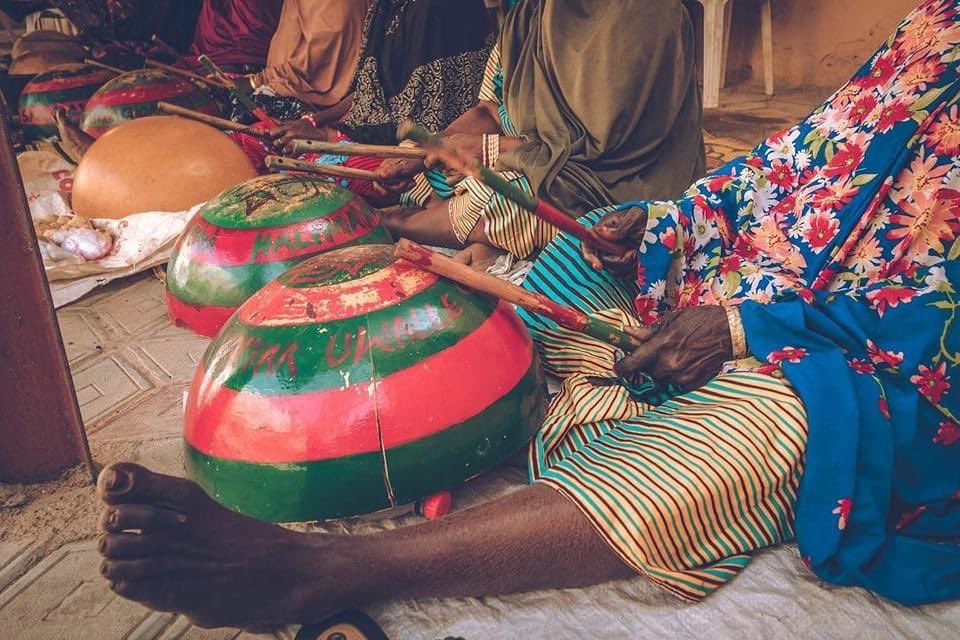
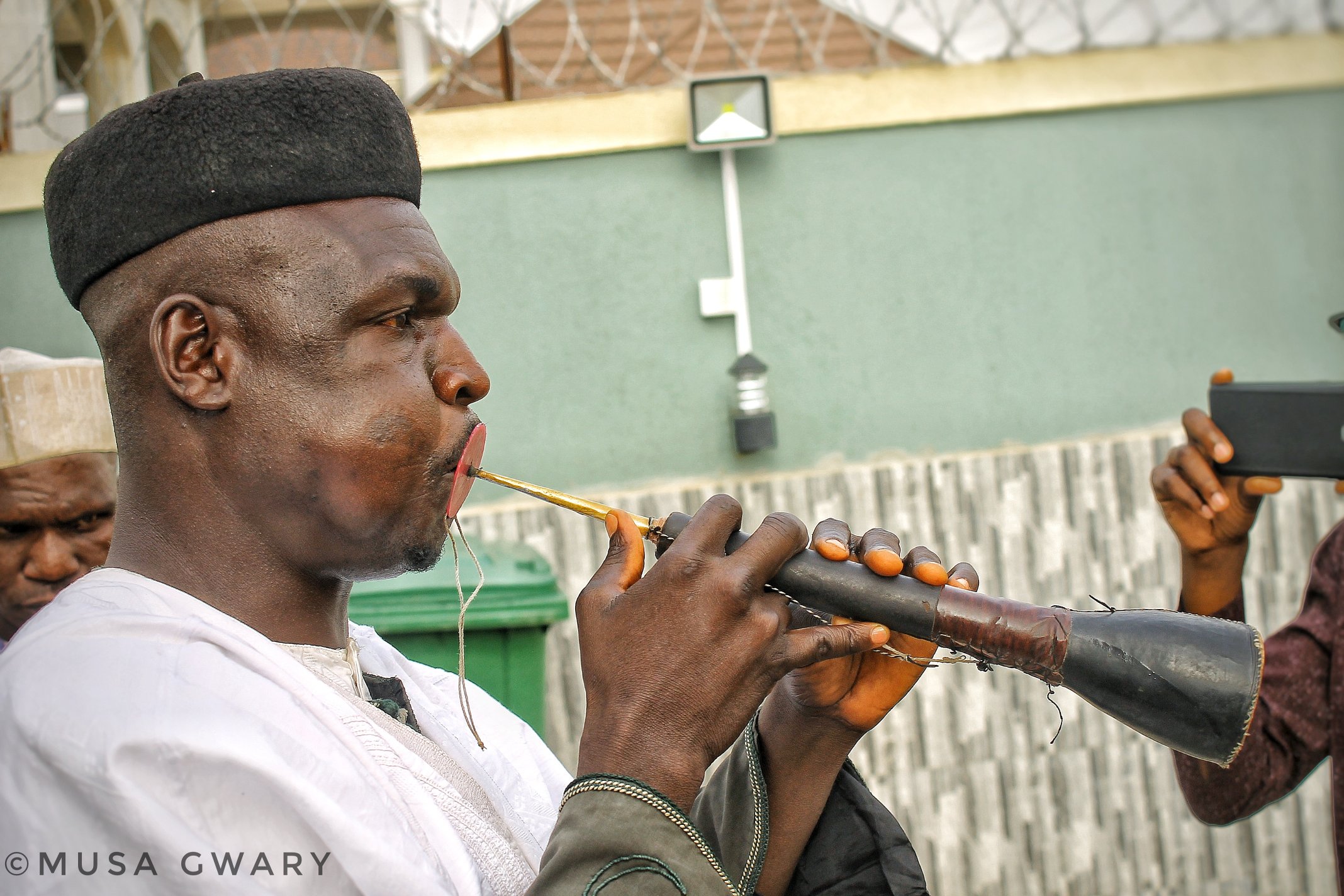
 Upload your Song
Upload your Song